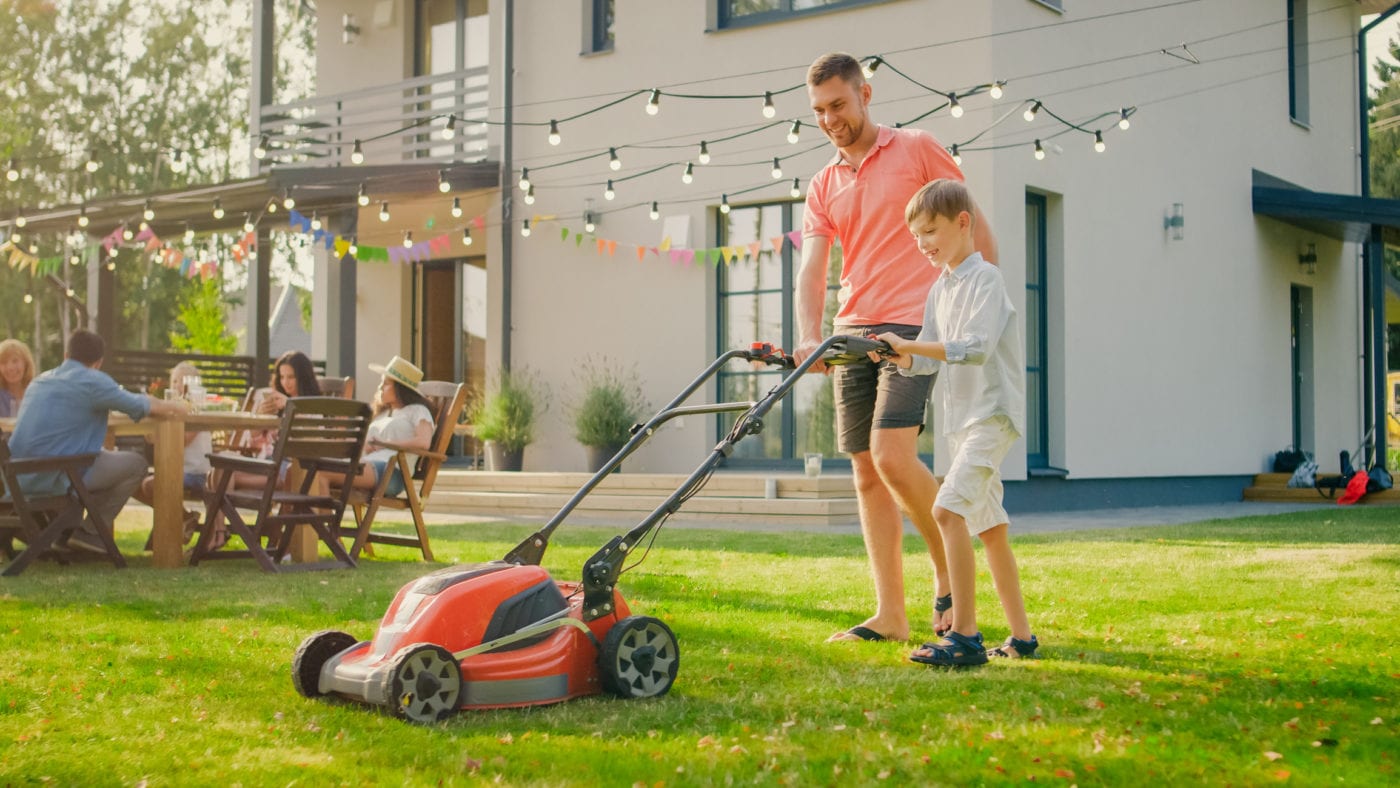As early as 1969, we were introduced to the concept of helicopter parenting. Today, we’ve plowed through—pun intended—to a new term: lawnmower parents. These parents clear a path for their kids. And I am not talking about protecting kids from childhood dangers but intervening prematurely to prevent kids from facing any sort of conflict. Why is this destructive? Studies show that children who grow up with few trials or little conflict will struggle just as much when they become adults as their peers who faced chronic childhood adversity.
But people who never have trials or conflict as kids don’t know how to handle their struggles as adults. Lawnmower parents do what they do for their kids in hopes to save them from suffering. But in the process, they remove growth opportunities before a child has the chance to learn from them. This can leave kids under-prepared and ill-equipped or set them up for immaturity as an adult. Here are 3 signs you are a lawnmower parent.
1. You warn your child about an impending obstacle instead of letting him or her discover it.
If you always do this, your child won’t learn to recognize an adverse or challenging situation before it happens. Being able to see it coming helps a child begin thinking it through. Possessing that foresight gives kids an advantage in critical thinking and problem solving as they journey through the academic and professional world.
When kids hit an obstacle, parents should be available to walk and talk them through it. Leave space for the learning to happen. Intervening prematurely when your kid is struggling robs your son or daughter of opportunities to become resilient. Resiliency is not only the ability to bounce back from a trial but to bounce forward, too. This can and will produce character as children grow.
2. You become their voice.
Having worked in early childhood education, I know the advantages of children using their words. It builds stronger linguistic and cognitive skills. They develop confidence. More often than not, I have witnessed a parent answering a question that was addressed directly to the child. But being able to hold good dialogue strengthens your child’s intrapersonal and interpersonal skills. That will also help kids excel in school and the workforce.
Other times, lawnmower parents address a conflict on a child’s behalf. They go straight to the source or a person in place of authority, such as the principal. When parents become the voice for their children, the children never develop conflict resolution skills or learn how or where to ask for help or assert themselves. Possessing these traits builds leadership in your child. It also gives kids the ability to cultivate healthier relationships.
3. You do the work for them.
If it’s homework, then the child never learns in the first place. Roger Lewin said, “Too often we give children answers to remember rather than problems to solve.” Allow your children to develop the work discipline they will need for life and to understand the repercussions of not completing work on their own.
In the case of household chores or responsibilities, children of lawnmower parents struggle to become self-sufficient and fall short in being responsible. Allowing your children to participate in everyday tasks such as household chores and serving and cleaning up after themselves will establish confidence, gross and fine motor skills, and good overall manners.
Sound off: What have you witnessed lawnmower parents doing for their kids?












Huddle up with your kids and ask, “What is the hardest thing you’ve had to do and what did you learn from it?”